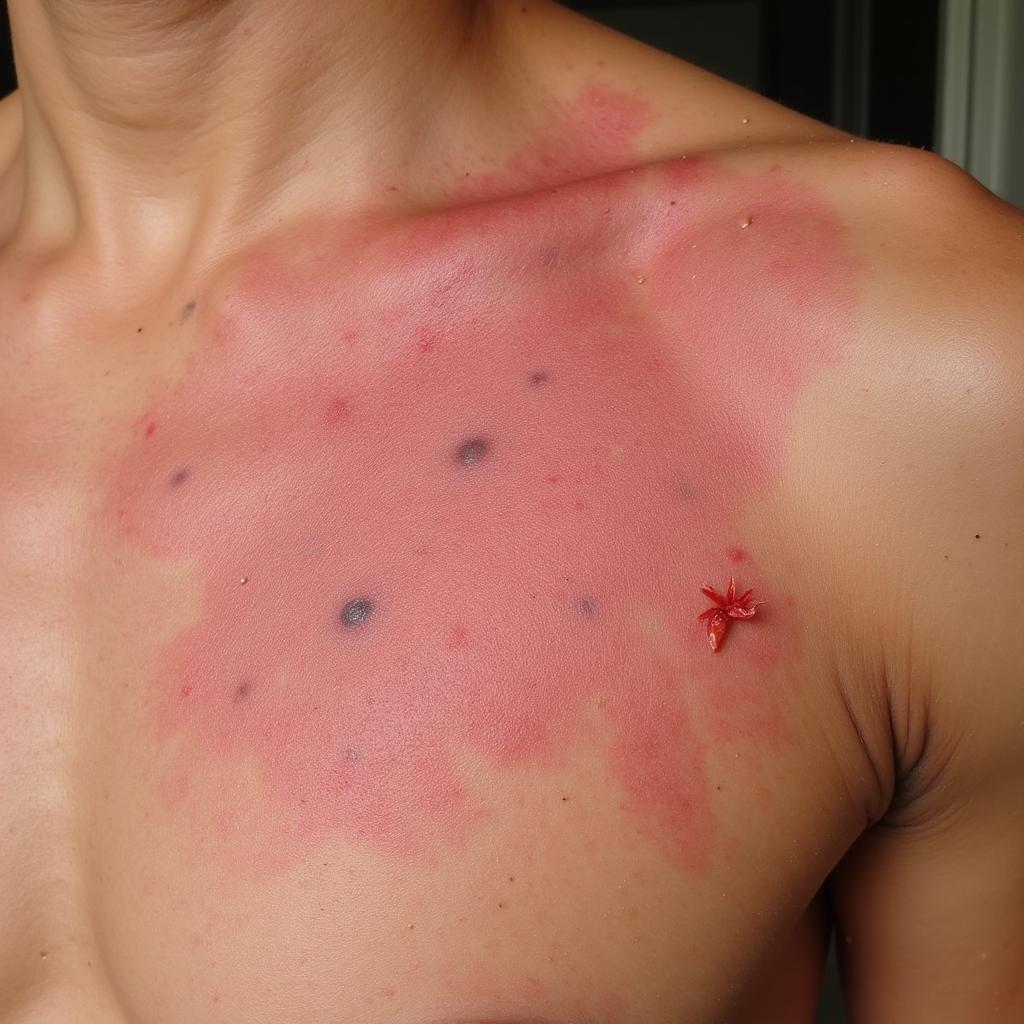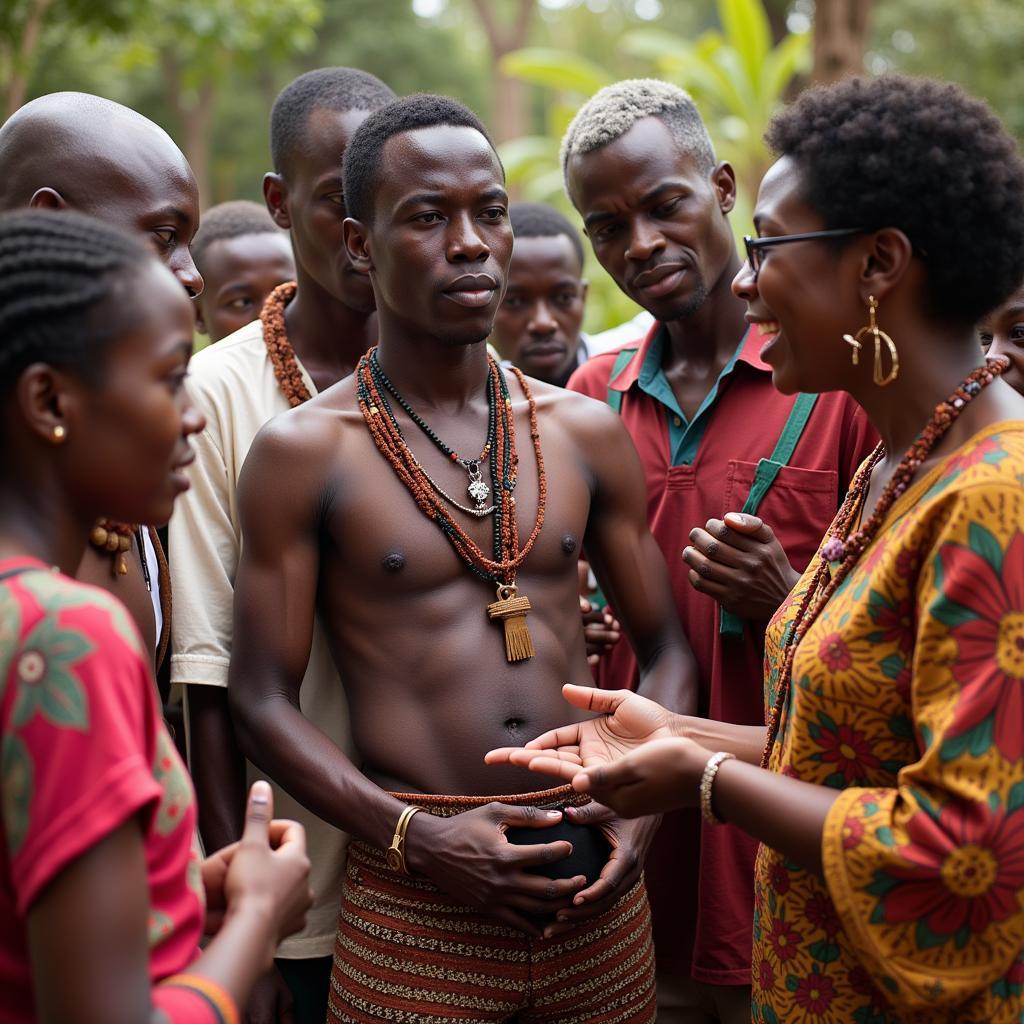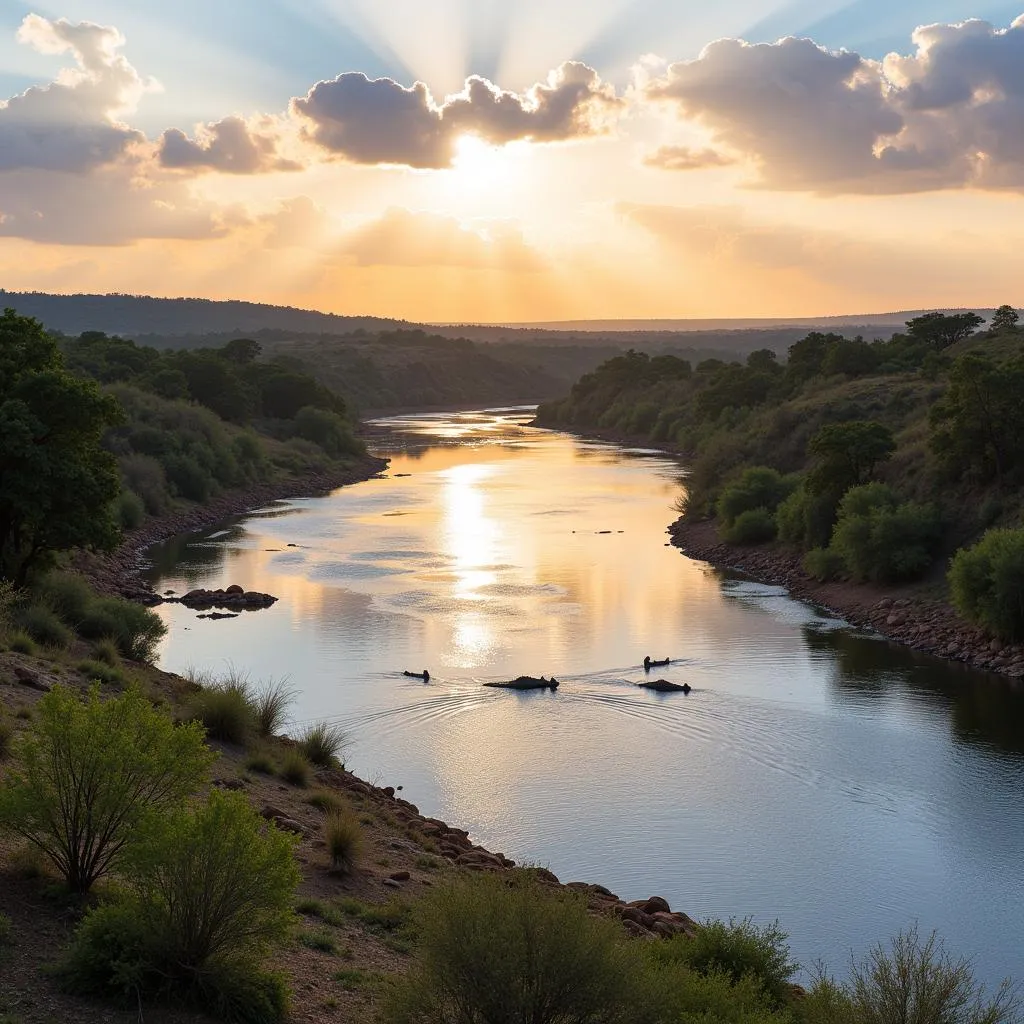Understanding African Trypanosomiasis Symptoms
African trypanosomiasis, also known as sleeping sickness, is a parasitic disease that affects humans and other animals. It’s caused by microscopic parasites of the species Trypanosoma brucei, primarily found in rural parts of sub-Saharan Africa. These parasites are transmitted to humans through the bite of infected tsetse flies. This disease poses a significant public health threat, particularly in impoverished communities where access to healthcare is limited. Recognizing the symptoms of African trypanosomiasis is crucial for early diagnosis and treatment.
What are the Symptoms of African Trypanosomiasis?
The symptoms of African trypanosomiasis can vary depending on the stage of the disease. There are two main stages:
Stage 1: Hemolymphatic Phase
This initial stage occurs soon after the trypanosome parasite enters the bloodstream. During this phase, the parasites multiply in the blood, lymph, and other body fluids. Common symptoms in this stage include:
- Fever: One of the earliest and most common signs is a high fever that comes and goes.
- Headaches: Severe, persistent headaches are frequent.
- Weakness and Fatigue: A general feeling of tiredness and lack of energy.
- Swollen Lymph Nodes: Particularly those in the back of the neck (Winterbottom’s sign).
- Aches and Pains: Muscle and joint pain are common complaints.
- Skin Rash: An itchy, red rash may appear, particularly in people with lighter skin.
 African Trypanosomiasis Skin Rash
African Trypanosomiasis Skin Rash
Stage 2: Neurological Phase
If left untreated, the trypanosome parasite can cross the blood-brain barrier and infect the central nervous system. This stage is more serious and can be fatal. Symptoms during the neurological phase include:
- Severe Headaches: Headaches worsen and become more debilitating.
- Sleep Disturbances: Disrupted sleep patterns, including insomnia at night and excessive sleepiness during the day, are common (hence the name “sleeping sickness”).
- Confusion and Behavioral Changes: Difficulty concentrating, personality changes, and impaired judgment are frequently observed.
- Sensory Disturbances: Changes in sensation, such as numbness or tingling, can occur.
- Movement Disorders: Loss of coordination, tremors, and difficulty walking.
- Seizures and Coma: In advanced stages, seizures, coma, and eventually death can result if untreated.
When to Seek Medical Attention?
It’s essential to seek immediate medical attention if you have traveled to or live in an area where African trypanosomiasis is present and experience any of the symptoms mentioned above, particularly fever, headaches, swollen lymph nodes, or changes in sleep patterns. Early diagnosis and treatment significantly increase the chances of a full recovery.
Diagnosis and Treatment
Diagnosis of African trypanosomiasis involves a blood test to detect the presence of trypanosome parasites. Treatment depends on the stage of the disease and is most effective when initiated early. Anti-parasitic medications are available and are usually successful in curing the infection.
Prevention
Prevention measures include:
- Avoiding Tsetse Fly Habitats: Stay away from areas known to be infested with tsetse flies, typically near water bodies, forests, and vegetation.
- Wearing Protective Clothing: When in areas where tsetse flies are present, wear long-sleeved shirts, long pants, and light-colored clothing, as flies are attracted to dark colors.
- Using Insect Repellents: Apply insect repellents containing DEET (diethyltoluamide) to exposed skin to deter tsetse flies.
Conclusion
Recognizing the symptoms of African trypanosomiasis is critical for early intervention and successful treatment. If you suspect you may have been exposed to tsetse flies or experience any of the symptoms described, seek medical help immediately. By raising awareness about this disease and promoting preventive measures, we can work towards reducing the burden of African trypanosomiasis in endemic regions.
Need assistance? Contact us 24/7 at:
- Phone Number: +255768904061
- Email: kaka.mag@gmail.com
- Address: Mbarali DC Mawindi, Kangaga, Tanzania.



